
The Los Angeles Institute for Restorative Practices
The Los Angeles Institute for Restorative Practices (LAIRP) is an organization dedicated to promoting and implementing restorative practices in schools, communities, and organizations. These practices are designed to build relationships, foster a sense of belonging, and address conflicts or harm through dialogue and mutual understanding. Fostering more supportive and sustainable environments in both educational and community settings allows those in the organization to thrive.





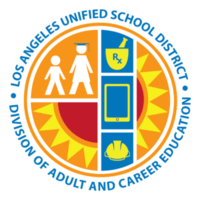
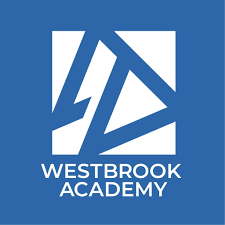
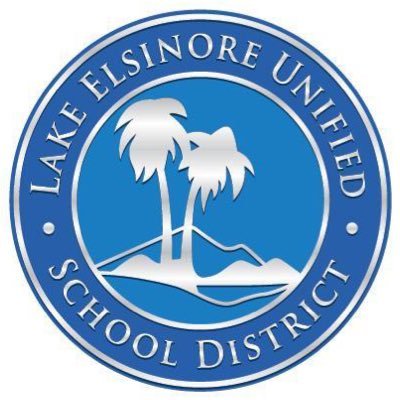
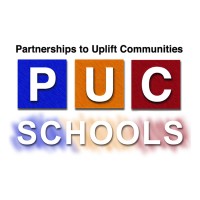
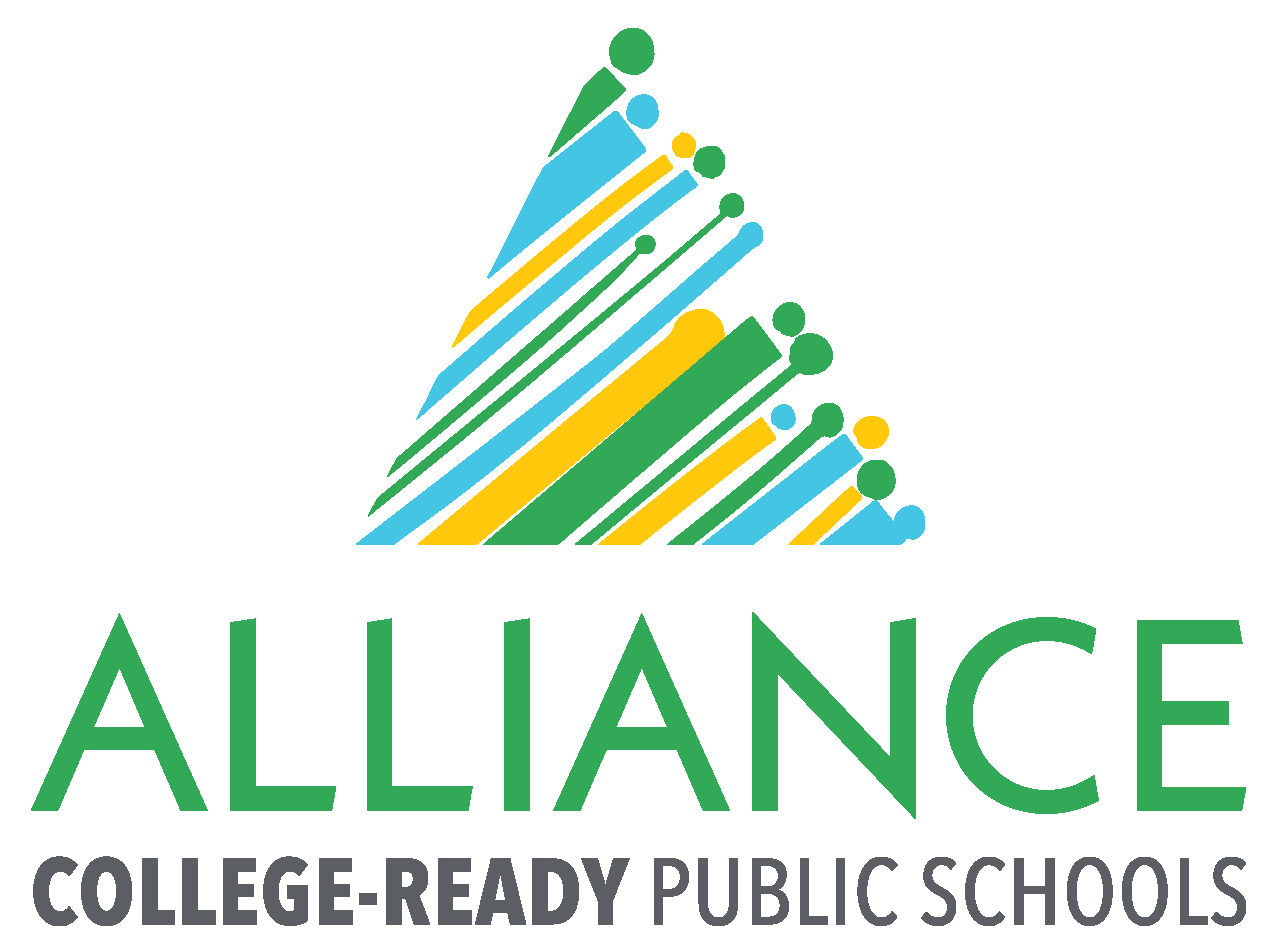

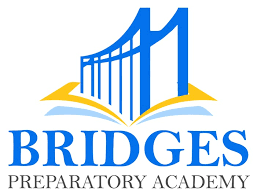



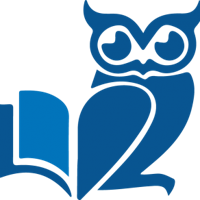

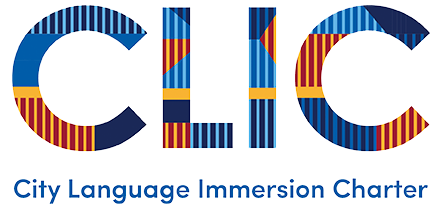
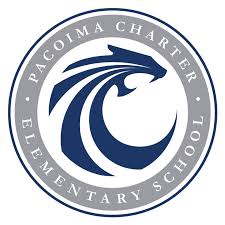
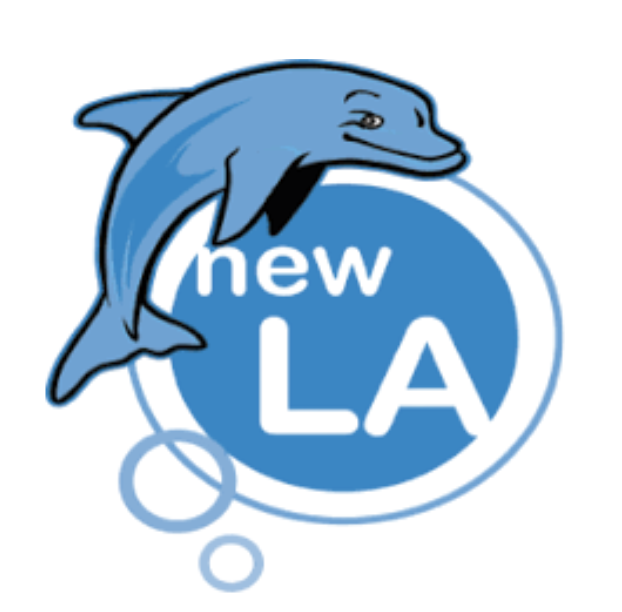













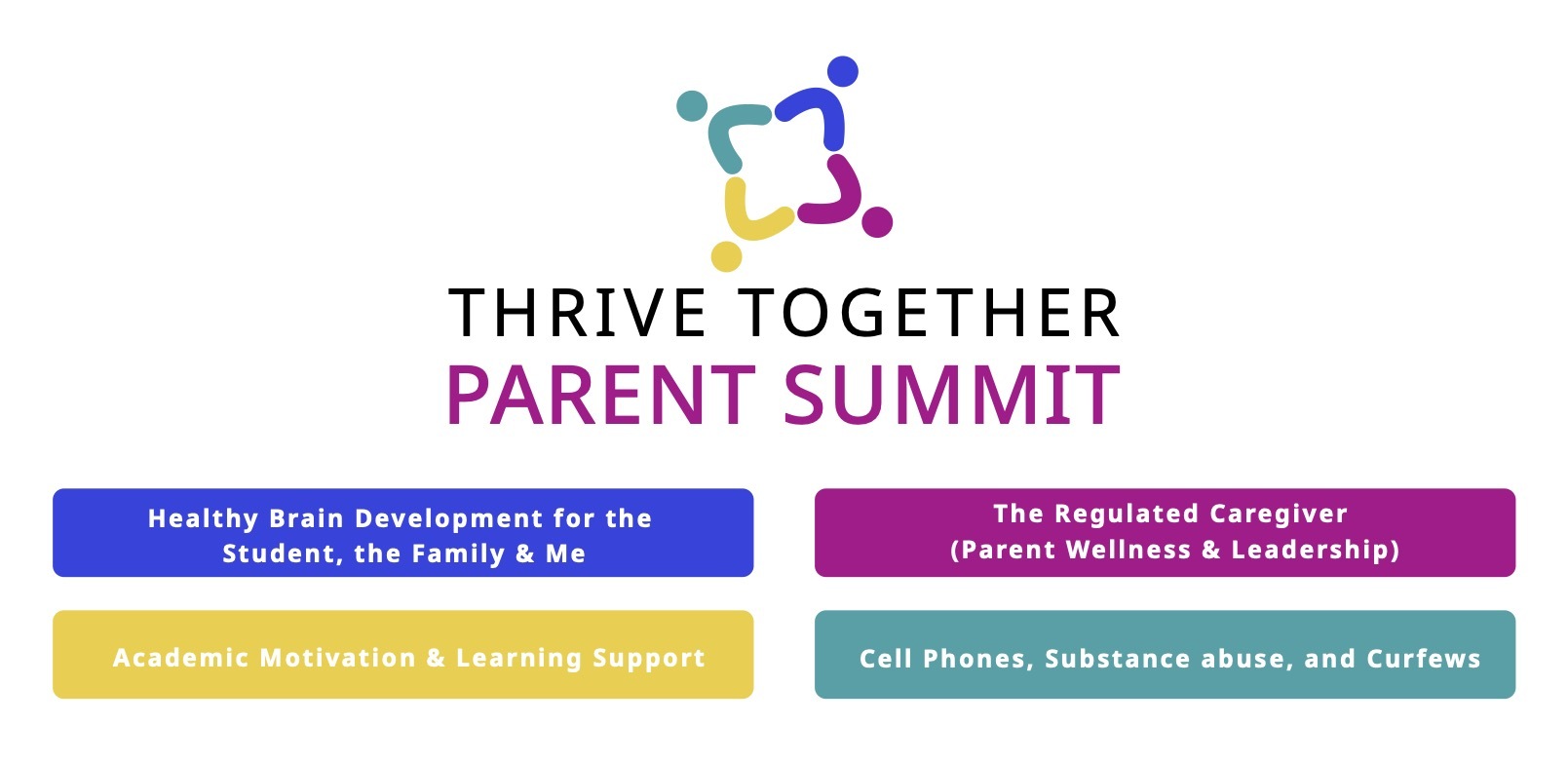
LAIRP's Approach
The Los Angeles Institute for Restorative Practices unique implementation strategy, research, professional learning, and proven results
-2.png)
Three-Tier Approach
LAIRP supports organizations and schools in moving toward becoming right-brain oriented learning communities. LAIRP’s programs for teachers provide guidance in building capacity, strengthening relationships, and cultivating community and cohesion as schools transition toward becoming right-brain restorative organizations. Tier I, Building, focuses on creating psychological safety, belonging, and trust across the school. Tier II, Connecting, deepens this foundation by fostering participation, empathy, and a shared sense of purpose. Tier III, Transforming, embeds these restorative practices into leadership, policy, and decision-making for lasting cultural change. Each tier intentionally builds on the last, guiding schools toward meaningful, sustainable, and systemic transformation through right-brain restorative practices.
-3.png)
Research and Application
School systems are progressively shifting toward the idea of relationship-building and social-emotional awareness as essential pathways to academic success. These efforts nurture a strong student growth mindset and help create robust institutions where character development and resilience can thrive. Furthermore, a culture of connectedness is cultivated, profoundly shaping the daily school climate and supporting long-term well-being. Unfortunately, recent events—such as school shootings, rising mental health crises, and increased incidents of bullying—have instilled fear in many youth, causing them to view school as unsafe. This mindset activates stress responses, often exacerbating behaviors. Right Brain Restorative Practices (RBRP) provide schools tools for growth, regulation, and emotional awareness.
%20copy.png)
EduLAIRP Professional Learning
EduLAIRP professional learning is an innovative approach created to empower educators in your school district or organization, delivering transformative professional development and customized learning experiences directly on-site. This program - developed and implemented by LAIRP - is carefully designed to address the specific needs, challenges, and goals of your educators, providing a highly convenient, stress-free, and well-organized experience for all. EduLAIRP professional learning fosters growth by offering sessions that incorporate active learning, research and application, collaboration among peers, and opportunities to reflect and implement new strategies in the classroom. These tailored conferences ensure educators have a voice and a choice in their professional growth, promoting autonomy and a supportive community focused on long-term educational success and professional satisfaction.
.png)
Trackable Results
We have a strong reputation for guiding schools in effectively aligning their PBIS and MTSS systems, integrating restorative practices that foster a positive and inclusive campus culture. With hands-on coaching and on-site modeling, LAIRP supports educators in setting clear expectations, establishing well-defined intervention pathways, and adopting proactive strategies for student behavior. A central feature of LAIRP’s work is the use of restorative proactive circles and structured harm-repair circles, which help students develop strong relationships, increase understanding of their actions’ impact, and resolve conflicts constructively. Schools partnering with LAIRP consistently see reductions in suspensions and referrals, as well as noticeable improvements in school safety, sense of belonging, and student engagement. Ultimately, LAIRP creates a more connected, supportive, and accountable community.

Testimonials
Dr. Greg Cleave
James Bandura
Working with Carlos Alvarez was an incredibly enriching experience. His expertise and passion for restorative justice were evident from the start. Carlos created a welcoming and supportive environment, encouraging open dialogue and active participation among all of us. His training sessions were not only informative but also interactive and engaging. Carlos used various teaching methods that catered to different learning styles, making complex concepts accessible and relatable. He was patient and attentive, always ready to address our questions and concerns. Carlos’s ability to connect with participants personally fostered trust and collaboration, allowing us to dive deep into the subject matter. I walked away not just with knowledge, but also with a renewed sense of purpose and practical tools to implement restorative practices in our school. Overall, it was a transformative experience that I highly value.
Tommy Meyers
Dr. Anabella Martinez

